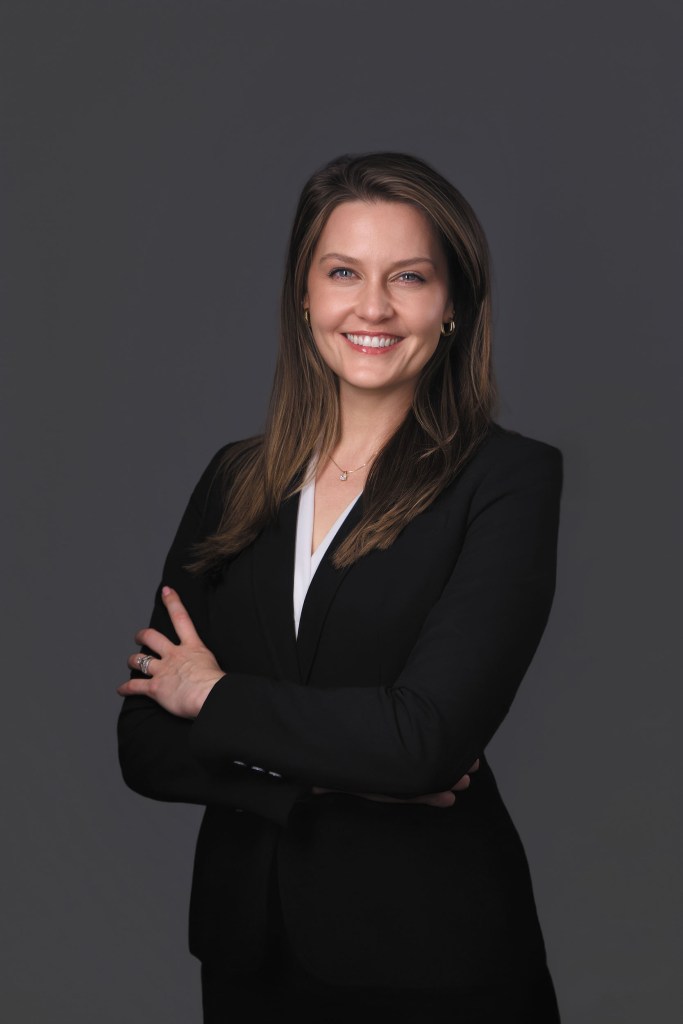Use Underinsured Millennials for Opportunity

By: Tye Elliott
The millennial generation is woefully underinsured, and their parents may be partly to blame.
Why? The youngest generation of American workers is more dependent on mom and dad than any previous group of young adults. According to a Pew Research survey, 36% of millennials live with their parents or grandparents—the largest portion in four generations.
Even young adults who aren’t living at home count on their parents for financial support, perhaps due to a combination of “failure to launch” and the economic recession. A separate Pew study showed less than half of adults ages 23–26 who are at least one year out of college have full-time jobs. While some parents simply push their adult kids out of the family nest, many are willing to foot the bills: 27% of middle-aged adults are the primary source of financial support for an adult child, up from 20% in 2005.
Millennials’ extended reliance on their parents, combined with new laws allowing them to remain on their parents’ health insurance plans until age 26, may help explain why a quarter of 18- to 29-year-olds don’t have health care coverage.
This gap presents an opportunity for voluntary insurers and agents selling related products. Here are a few tips to keep in mind:
Emphasize relevant products. As millennial workers come of age, marry and start families, policies such as hospital indemnity plans and hospital intensive care plans are particularly relevant.
Highlight financially friendly products. Because millennials are struggling to save, the perceived value of benefits needs to be clear. For younger generations, term life insurance is an excellent fit because it’s affordable while they don’t yet have significant assets to protect.
With so many millennials lacking a sufficient financial safety net, supplemental insurance policies can help protect them from unexpected medical debt and help them focus on getting better and back to work.
Tye Elliott is Aflac’s vice president of core broker sales and is responsible for managing and implementing strategic sales initiatives for the core broker sales division across the U.S.
It Could Happen to YouWhen 29-year-old Julia Corrigan applied for accident and hospital indemnity insurance, it was “just in case”—until she awoke in the ICU to learn that she was involved in a serious auto accident and had suffered several skull fractures, a broken shoulder and a traumatic brain injury. Julia was worried how being unable to work would affect her finances. But working closely with her insurance agent, she received every benefit possible through her policies. Moral of the story? Use real-life examples to emphasize that accidents and illnesses can happen to anyone, no matter their age. —T.E. |










